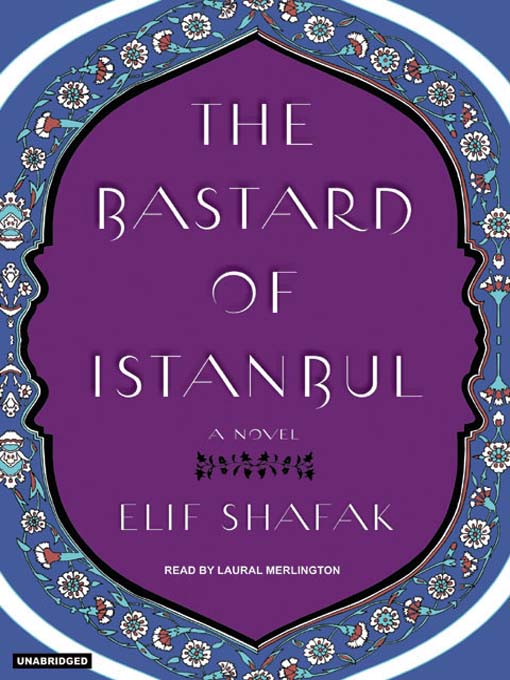
The Bastard of Istanbul
فرمت کتاب
audiobook
تاریخ انتشار
2007
نویسنده
Laural Merlingtonناشر
Tantor Media, Inc.شابک
9781400173976
کتاب های مرتبط
- اطلاعات
- نقد و بررسی
- دیدگاه کاربران
نقد و بررسی

Turkish author Elif Shafak has written a novel that gives Western listeners historical perspective and insight into the Turkish/Armenian conflicts of modern-day Turkey. Asya Kazanci, the 19-year-old Turkish bastard of the title, is the third generation of a house of women; Kazanci men have short life spans. Armanoush, an Armenian-American relative, shows up at their home on a quest to trace her Armenian heritage. Laural Merlington has the skills to bring this complex, intriguing story to life. She serves as narrator and guide, pronouncing unfamiliar Turkish and Armenian names with ease and helping listeners follow the colorful threads of a story as complex as a Middle-Eastern tapestry. N.E.M. (c) AudioFile 2007, Portland, Maine

November 13, 2006
In her second novel written in English (The Saint of Incipient Insanities
was the first), Turkish novelist Shafak tackles Turkish national identity and the Armenian "question" in her signature style. In a novel that overflows with a kitchen sink's worth of zany characters, women are front and center: Asya Kazanci, an angst-ridden 19-year-old Istanbulite is the bastard of the title; her beautiful, rebellious mother, Zeliha (who intended to have an abortion), has raised Asya among three generations of complicated and colorful female relations (including religious clairvoyant Auntie Banu and bar-brawl widow, Auntie Cevriye). The Kazanci men either die young or take a permanent hike like Mustafa, Zeliha's beloved brother who immigrated to America years ago. Mustafa's Armenian-American stepdaughter, Armanoush, who grew up on her family's stories of the 1915 genocide, shows up in Istanbul looking for her roots and for vindication from her new Turkish family. The Kazanci women lament Armanoush's family's suffering, but have no sense of Turkish responsibility for it; Asya's boho cohorts insist there was no genocide at all. As the debate escalates, Mustafa arrives in Istanbul, and a long-hidden secret connecting the histories of the two families is revealed. Shafak was charged with "public denigration of Turkishness" when the novel was published in Turkey earlier this year (the charges were later dropped). She incorporates a political taboo into an entertaining and insightful ensemble novel, one that posits the universality of family, culture and coincidence.

























دیدگاه کاربران